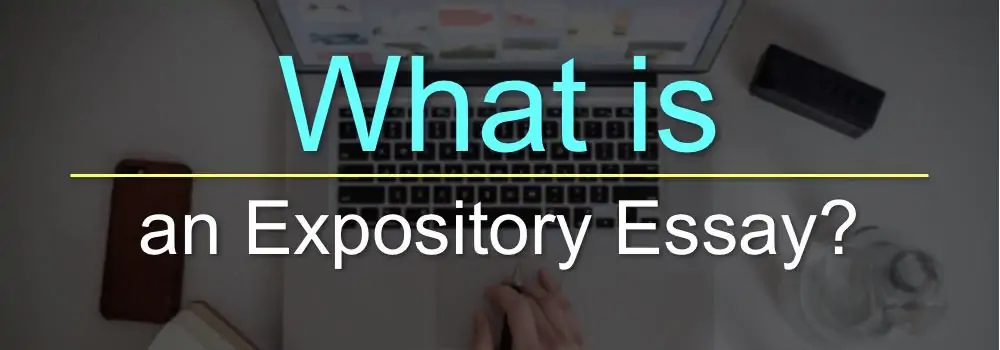Blog

The 5 Writing Secrets I Wish I’d Known in High School
by Muranda Mendez As a college student, I’ve learned new tips and techniques that have made me a stronger, more efficient writer—and even made the writing experience more enjoyable. Sometimes I’ve found myself thinking, “I wish I’d known this earlier!” So, here are five writing secrets that I’ve discovered in college that I wish I’d […] ...

How to Brainstorm When You’re Out of Ideas
We’ve all experienced the mental block that occurs when the well of ideas has run dry. Snap out of staring-into-space mode with these brainstorming tips for infinite ideas generation. Switch Up Your Method There are lots of different brainstorming methods to choose from—so if one isn’t working for you, try switching to another. Examples include: […] ...

What’s the Difference Between an Abstract, Summary, and Annotation?
With so many different terms related to citations (e.g. MLA format, footnotes, abstract, etc.), it can be difficult to understand how each one could fit into your paper. Let’s take a look at a few of the most commonly confused citation terms, and ways that you can properly use them in your work. What is […] ...

What’s Prewriting?
It would be awesome if you could produce the perfect final draft of your assignment, the very first time you sat down at your laptop. Unfortunately, as the saying goes, “Rome wasn’t built in a day!” If you’re aiming for that A, you’ll need to go through several important processes before you reach the final […] ...

Why Do I Need to Proofread?
Many of us write our papers and think we’re good to go. We’ve researched our topic, cited our sources, and even written a great thesis statement. BUT WAIT. Don’t fall into the trap of assuming that spell check has caught all of your grammar and spelling mistakes. Doing that last read through and grammar check […] ...

Four Tips on Using Transitions for a Better Essay
Odds are, you’re already familiar with a typical essay structure: introduction, body, and conclusion. These are essential parts of an essay, but did you know that well-crafted transitions can make these sections flow well, and make your arguments even stronger? When writing an academic essay, it is important to remember that your goal is to […] ...

What is an Argumentative Essay?
Argumentative essays are a common assignment given by educators and are an exciting opportunity for you to practice the valuable skill of persuasion. Argumentative essays are, at their core, pieces of writing that aim to convince the reader of the writer’s own opinion. Let’s look at the elements that form argumentative essays, and some tips […] ...

What is an Expository Essay?
Students of all disciplines and subject areas are tasked with writing expository essays at some point in their studies. So what is an expository essay, and how do you write a great one? Read on to find out! Definition: An expository essay requires the writer to research and investigate an idea, gather supporting evidence, and […] ...

How to Write a Hypothesis
What is a Hypothesis? A hypothesis is your initial prediction about your topic or argument. Although you’re probably used to writing hypotheses in science, you can also use them effectively in other areas of research. Why Start With a Hypothesis? When researching, creating a hypothesis gives you a place to start from. It helps you […] ...

What Makes a Good Essay?
Over the course of your studies, you have probably been asked to write an essay. So what exactly is an essay? What are its components? How do you write a good one? Read on for some helpful tips! What is an Essay? Generally, an essay is a written piece that presents an argument or the […] ...